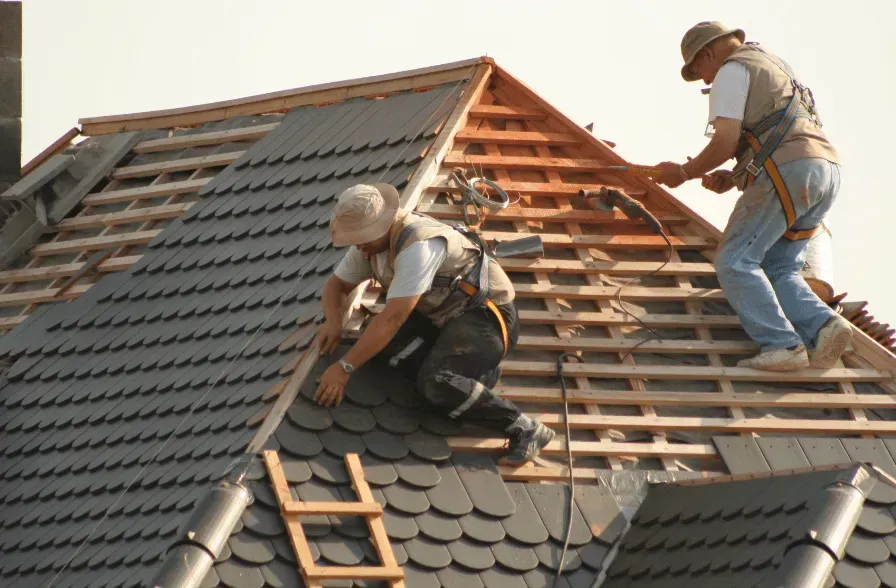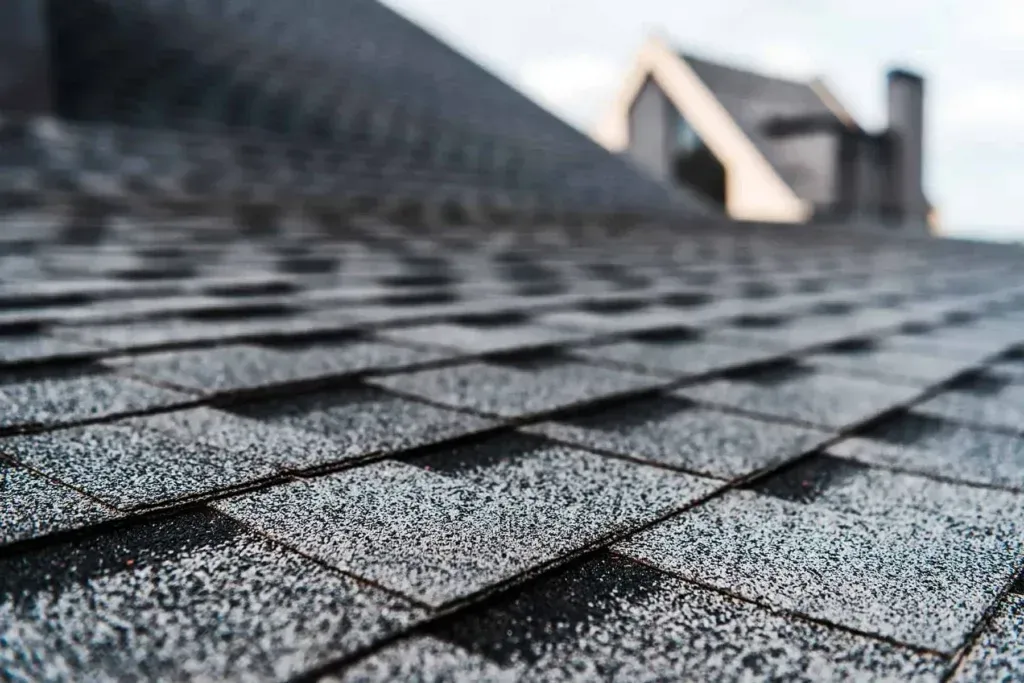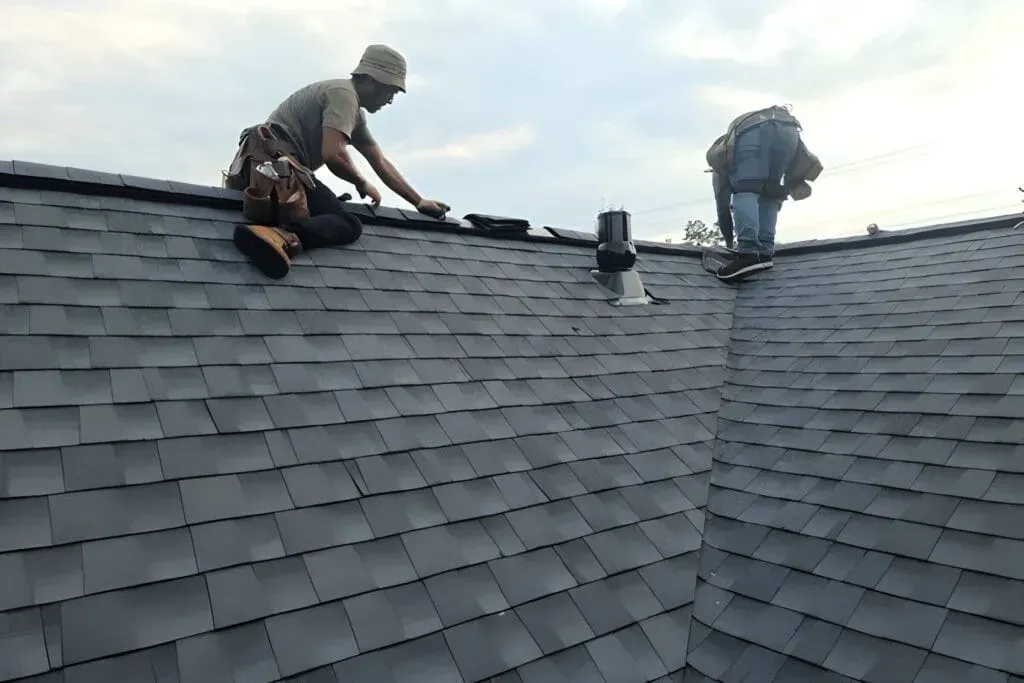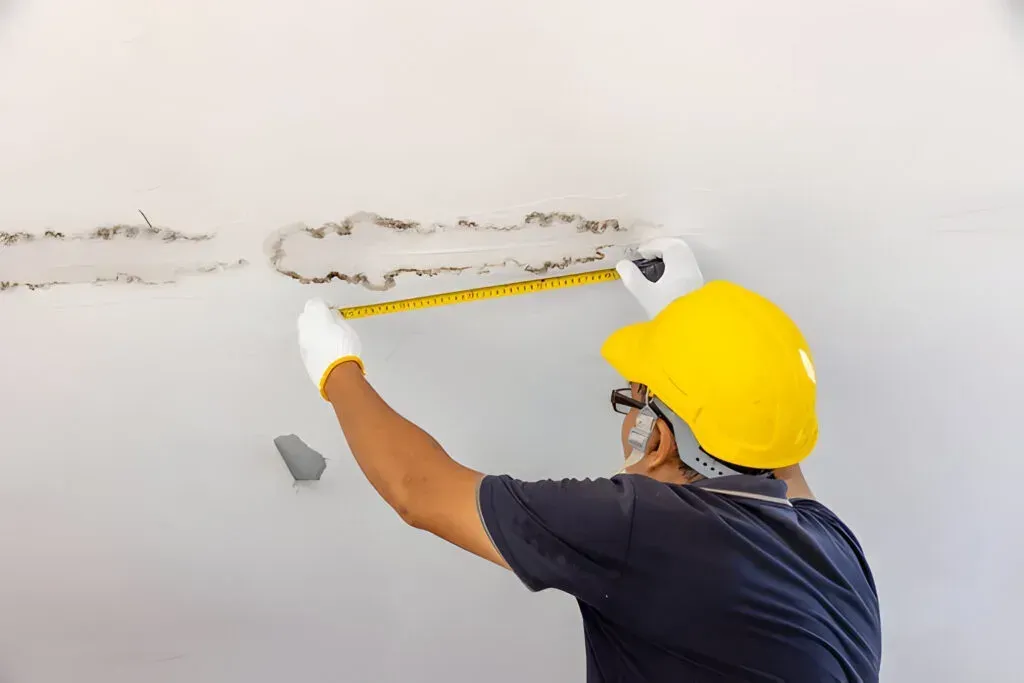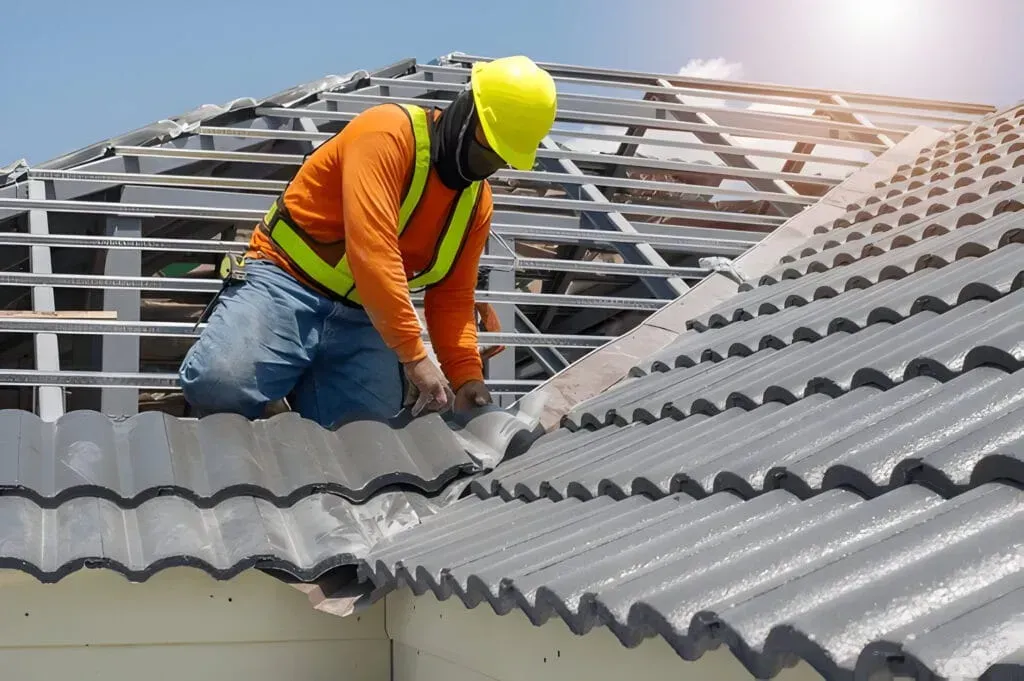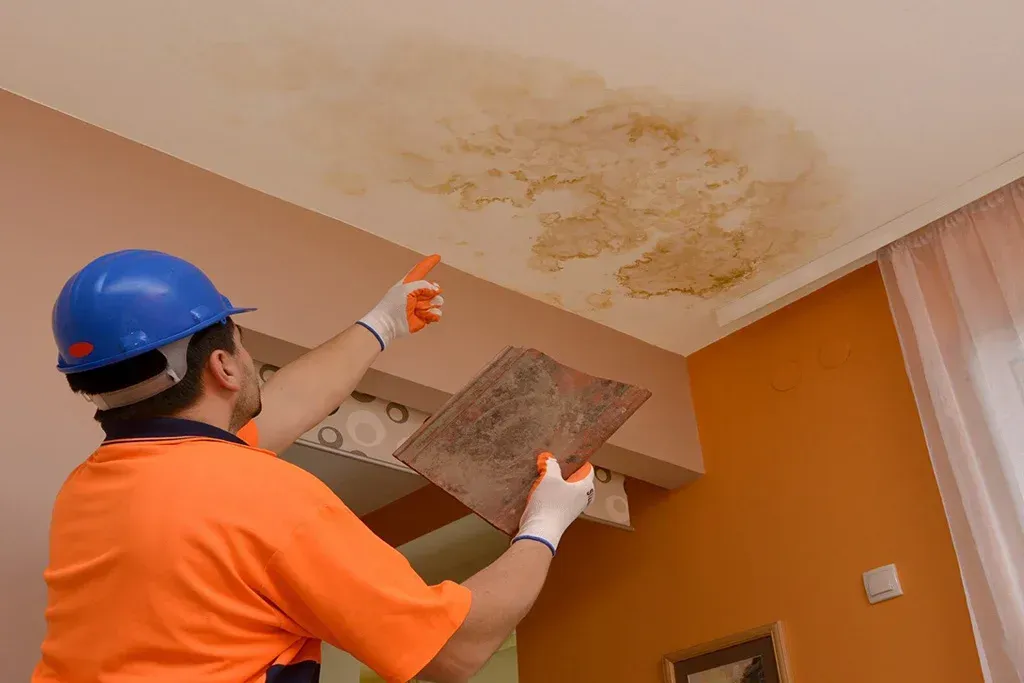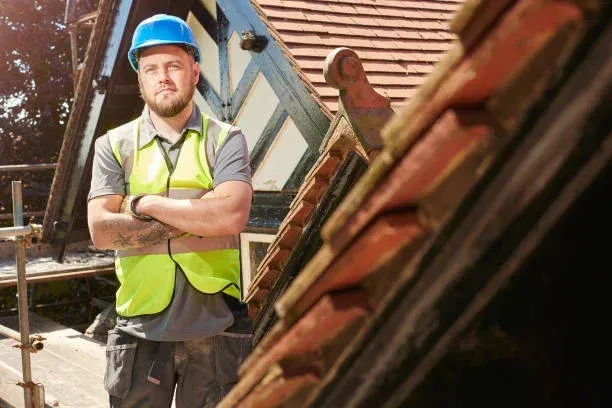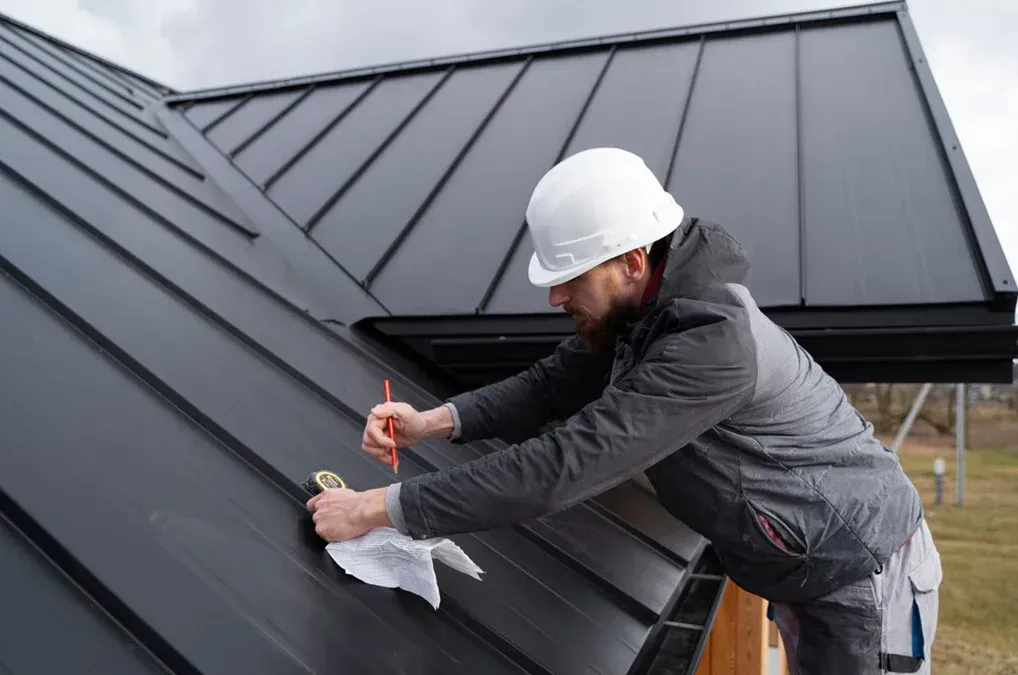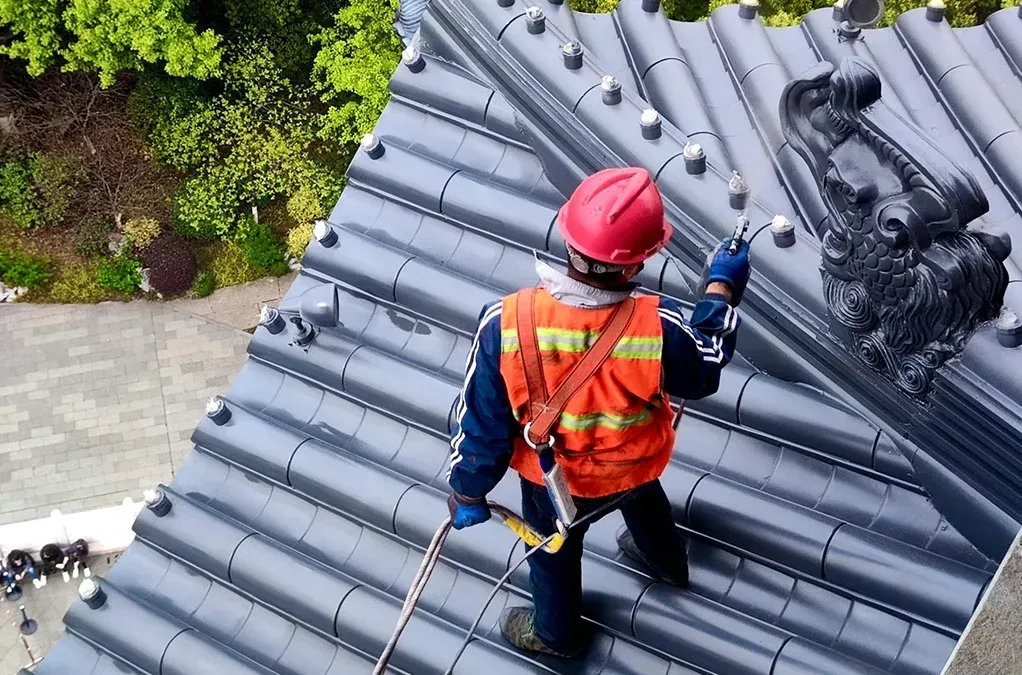How to Choose the Right Roofing Material for Your Home
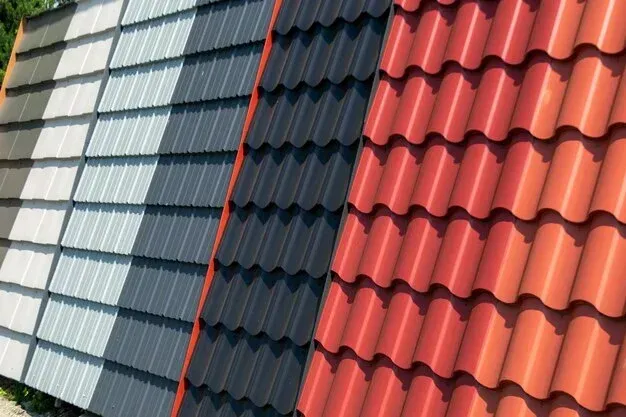
Are you worried about selecting the best roofing material for your home before the next storm?
Keeping your roof intact and sturdy is a necessity in Florida weather. How do you select the best roofing material that protects your house and gives you peace of mind? When faced with many options, choosing an appropriate roofing material for your home is hard.
The roof is not an architectural element; it is a life investment, an important variable in energy efficiency, and a house’s single-most dire external feature. How do you select the right roofing material that fits best to your house, climate, and budget?
This guide provides complete information to help you make a wise decision in choosing the right roofing material as per your unique requirement. Let’s start the discussion without wasting any more time.
Why Choosing the Right Roofing Material Matters
Roofs are your home’s frontline heroes that protect from inclement weather. Whether it is extreme heat and heavy rains in Florida or hurricane-force winds, the choice of suitable roofing material can provide the following:
- Ensure Durability: A roof strong enough to withstand unpredictable weather conditions that will last long, requiring less maintenance.
- Boost Energy Efficiency: The right materials can absorb heat, lowering cooling bills and adding value to your home.
- Increase Energy Efficiency: A durable roof visually appeals better and gives a more expensive look to your home.
- Withstand Florida’s Climate: The state of Florida has diverse weather patterns, so you must choose materials capable of resisting the most extreme environmental elements throughout its territory, including warm temperatures, wet conditions, and fast-moving winds.
Top Weather-Resistant Roofing Materials for Florida Homes
Gotcha Covered Roofing Florida has swiftly become a force to be reckoned with in Florida’s roofing marketplace. As a company that focuses on the customer and is committed to quality, Gotcha Covered Roofing has established itself with a strong market standing for providing one-stop-shop services for residential and commercial roofing.
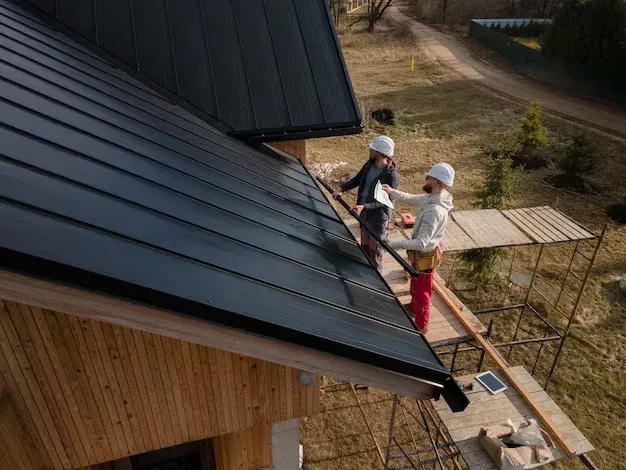
- Metal Roofing: Metal roofs demonstrate superior wind resistance and reflectivity properties, which allow them to withstand Florida’s hurricanes and intense summer heat.
- Clay Tiles: Clay tiles excel in high-temperature exterior use because they can withstand Florida’s fluctuating environmental heat.
- Concrete Tiles:
Florida’s extreme weather requires concrete tiles, which, with their solid weight and heavy-duty characteristics, can withstand high winds and heavy rainfall..
Step-by-Step Guide to Choosing the Best Roofing Material
Step 1: Assess Your Needs and Priorities
It is essential first to determine what is most relevant to the customer’s situation before considering the types of durable roofing materials. Ask yourself:
- What’s your budget? The cost of roofing materials for homes varies significantly depending on their associated budget. An upfront understanding of costs helps eliminate potential choices between limited financing ability and extended cost-saving benefits.
- How long do you plan to stay in your home? You should consider investing in resilient materials to keep in your house forever. Sellers considering future home transactions would probably look for economical roofing options.
- What’s your home’s architectural design? Multiple roofing materials exist that function better within specific architectural frameworks. Think about how the roof integration works with the existing house design.
- What’s the climate? Sunshine State Florida residents need roofs that withstand heavy rain and high humidity and handle occasional hurricane occurrences.
Step 2: Explore the Top Roofing Materials for Residential Homes
The below comparison table shows Florida’s preferred durable roofing materials that homeowners commonly choose. Several roofing options exist because each one delivers various benefits according to your requirements.
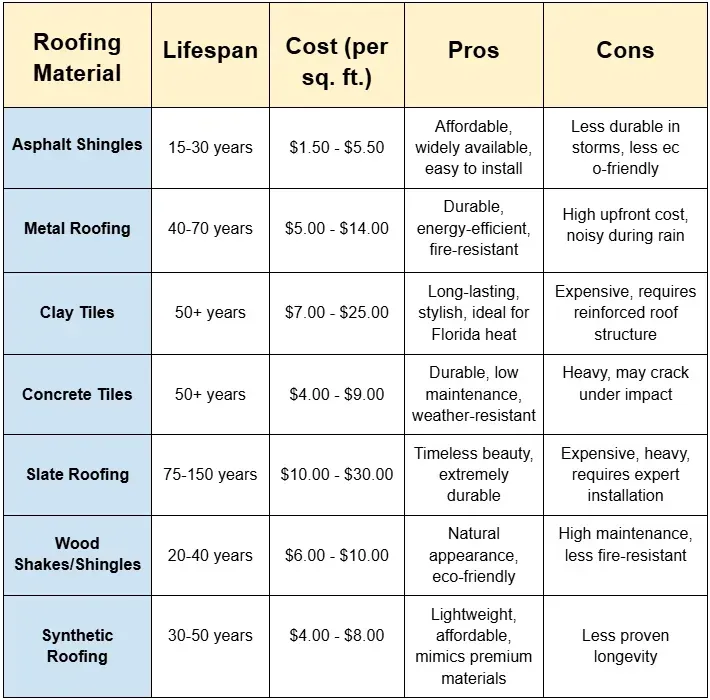
Step 3: Factor in Florida’s Weather Resistance
The weather conditions in Florida are harsh, so your roofing system must resist harsh conditions. Look for the following characteristics:
- High Wind Resistance: The likelihood of hurricanes in Florida requires roofs to handle wind speeds that exceed 150 mph.
- Water and Moisture Resistance: Your roof must fight mould and mildew because Florida’s wet environment produces high humidity levels associated with heavy rainfall.
- Heat Resistance: Florida’s intense sun requires roofs to reflect heat as one essential characteristic. Thanks to this rooftop feature, your home stays cooler while your energy bills decrease.
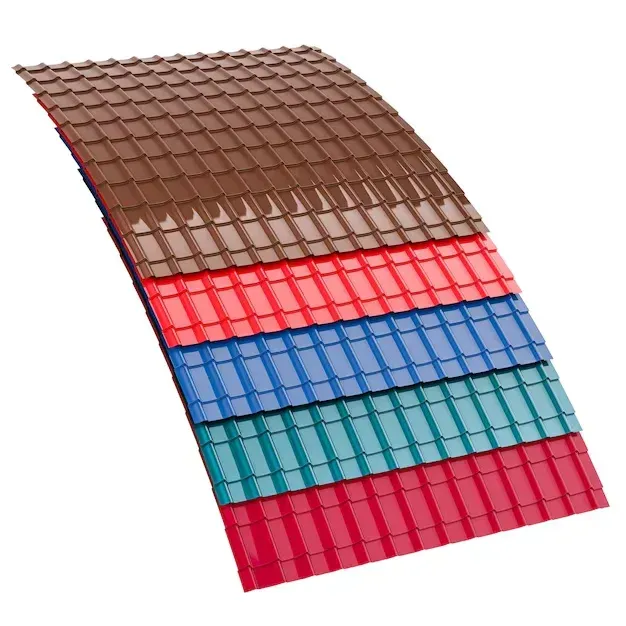
Step 4: Consider Energy Efficiency
Your energy consumption drops due to energy-efficient roofing materials, which maintain complete comfort inside your home throughout the seasons. High summer temperatures make cooling costs difficult for Florida homes, yet proper roofing selection helps buildings reflect sun rays and use less air conditioning.
Here’s how different types of roofing materials for homes stack up in terms of energy efficiency:
- Metal Roofing: Metal surface materials become energy-efficient through reflective paint layers, which can lower energy costs by reflecting sunlight.
- Clay Tiles: Clay tiles have a natural insulation ability that allows homes to preserve cool temperatures during peak summer heat.
- Light-Colored Asphalt Shingles: Reflective shingle roofing produces significant cooling savings through reduced heat absorption, which can reduce energy expenses by up to 15%.
Step 5: Think About Maintenance and Longevity
For a successful roof investment, make sure to analyze your ability to manage upkeep activities. Natural materials tend to need regular upkeep to provide extended lifespans, which leads to financial savings throughout their lifespan.
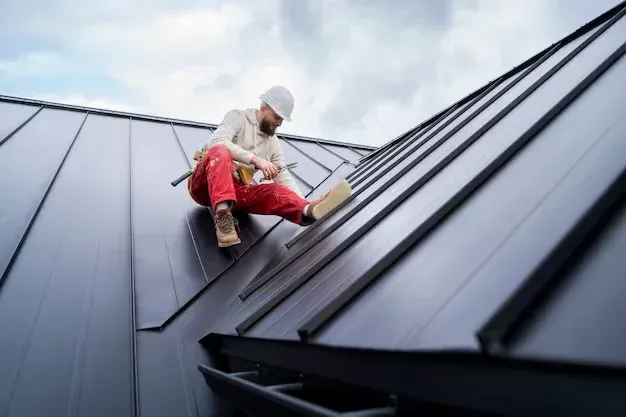
- Low Maintenance Options: The low maintenance category includes metal roofing, synthetic roofing, and concrete tiles. These materials combat moss and mould threats and stay damaged-free, requiring minimal repair work.
- High Maintenance Options: Wood shingles and shakes need periodic maintenance through cleaning and sealing to defend against insect infestation and decay
While Gotcha Covered Roofing offers stellar services, Florida is home to various other roofing contractors, each with unique offerings. These companies can be broadly categorized into:
- Large, Well-Established Companies: They are generally long-standing in Florida and serve a broader audience.
- Small, Local Roofing Contractors: They are generally community-driven companies with more tailored support but lack the scale of larger companies.
Some well-known competitors in Florida include:
- Gulfcoast Roofing & Maintenance Inc.
- Baker Roofing Company
- CentiMark Roofing
- Tampa Bay Roofing
- Florida Roof Tech
Best Roofing Material Comparison Graph
Graph comparing roofing material lifespans, costs, and maintenance needs.
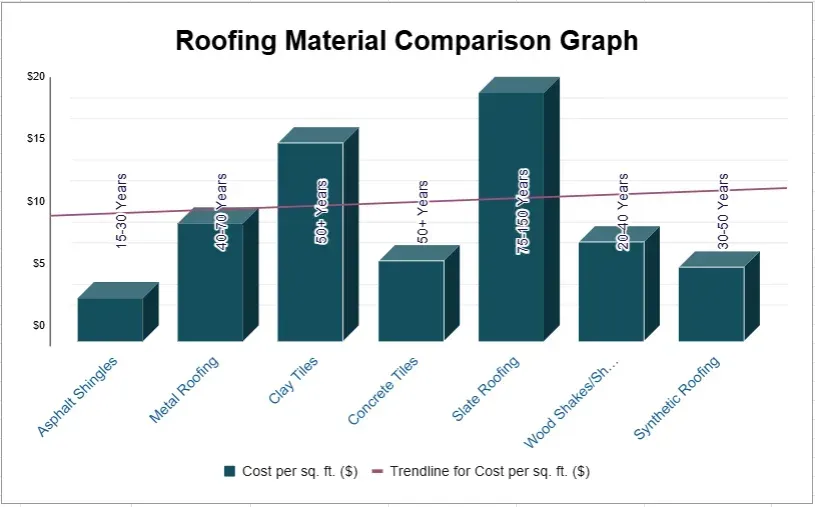
Final Thoughts
Choosing the proper roofing material for a Florida home demands that you examine diverse elements, including the region’s climate, financial investment strategies, and plans. Each roofing material presents benefits alongside potential drawbacks, depending on your individual requirements.
When you evaluate your budget, desired lifespan, design style, and Florida’s weather-specific needs, you will arrive at a material choice for your roof that provides both protection and assurance. When considering different materials for your home, your decision needs to include planned maintenance and future energy efficiency impact assessment.
Understanding that the roof provides shielding functions, preserves, and ensures, ring ensures should be the primary focus when choosing. This guide gives you all the necessary information to determine roofing materials that match your requirements. Always seek roofing expert consultation when you feel inconclusive about making a roofing selection for your particular situation.
Ready to choose the perfect roof for your home? Take the next step toward protecting your home and improving its overall efficiency.
What is the most durable roofing material?
Slate and metal roofs are among the most durable options, lasting 50+ years.
Which roofing material is best for Florida homes?
Metal roofing and clay tiles are ideal for Florida’s climate due to their durability and heat resistance.
How much does a new roof cost in Florida?
Costs range from $5,000 to $30,000, depending on the material and size.
What is the cheapest roofing material?
Asphalt shingles are the most affordable option, costing $1.50 to $5.50 per square foot.
Do I need a permit for a new roof in Florida?
Yes, Florida requires permits for roof installations. A licensed contractor can handle this for you.
Latest Posts
Share this post in

